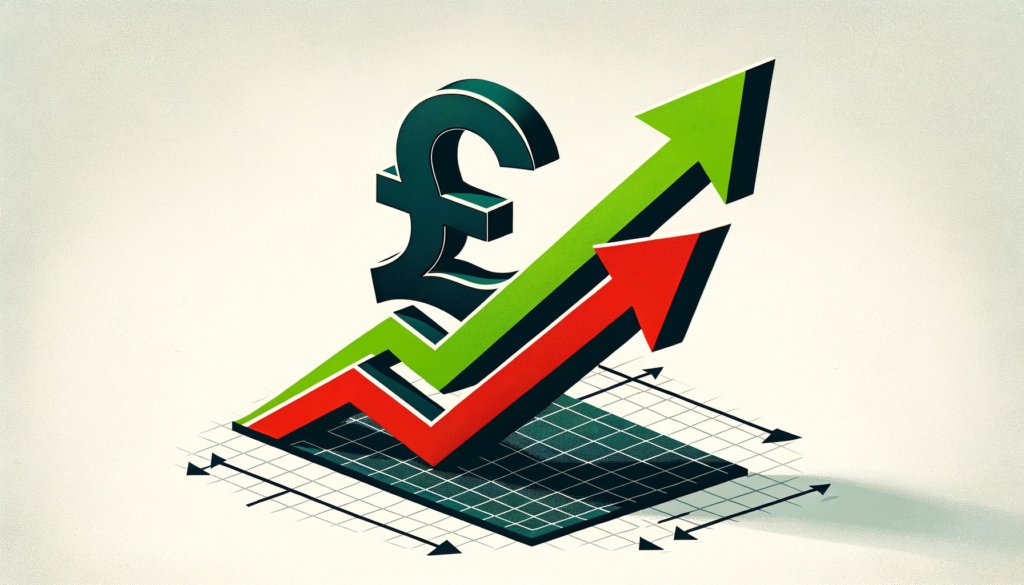What’s going on here?
The British pound gained against the euro as stronger business activity in the UK highlighted an economic divergence between the UK and the eurozone.
What does this mean?
Sterling appreciated following a survey revealing stronger UK business activity, with the euro dipping 0.1% against the pound to 84.04 pence, near its two-year low of 83.84 pence. The UK saw its fastest manufacturing growth in two years and the highest new orders since April 2023 last month, according to PMI data. This contrasts sharply with the eurozone, where business activity has stagnated. Monex Europe analysts noted that currency markets are clearly reflecting this economic divergence. While the Bank of England (BoE) has been hesitant to cut rates due to concerns over persistent services inflation, the European Central Bank (ECB) has moved more swiftly. However, with the BoE set to meet in August and bets indicating a 45% chance of a rate cut, uncertainty remains.
Why should I care?
For markets: Economic divergence dictates currency moves.
The recent divergence in UK and eurozone business activities has significantly impacted currency markets. Investors are watching these trends closely, with sterling holding steady against the dollar at $1.29075 but slipping substantially against the yen, influenced by potential Japanese intervention and a possible rate hike from the Bank of Japan.
The bigger picture: Uncertain times for global economic strategies.
The broader implications of differing economic realities are profound. While the BoE grapples with mixed signals from wage-inflation dynamics, the ECB’s more aggressive rate cuts reflect ongoing concerns in the eurozone. Globally, the rise in yen value amidst volatility and potential Bank of Japan rate hikes suggests further complexity ahead for traders and policymakers.







